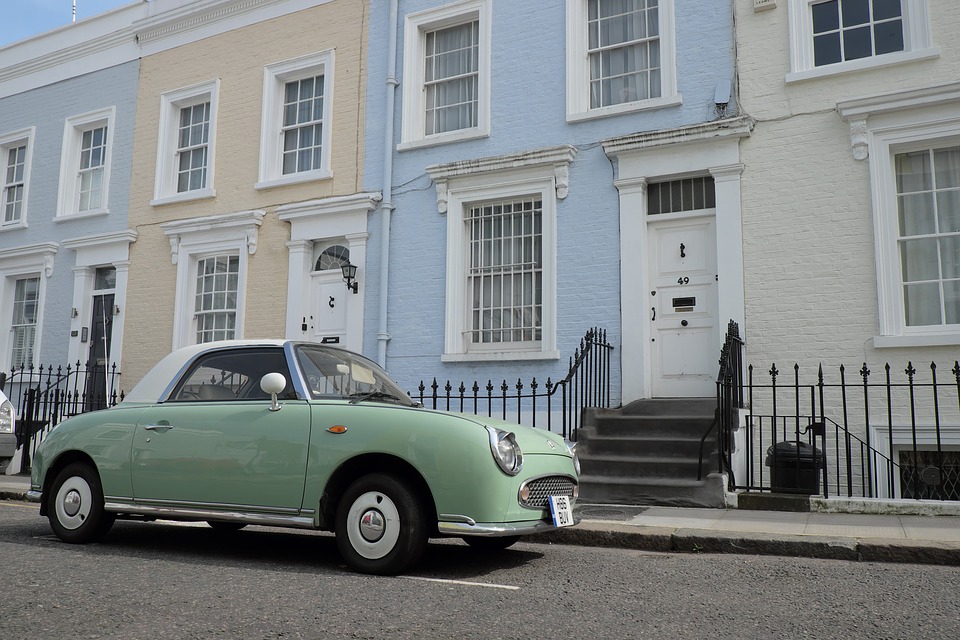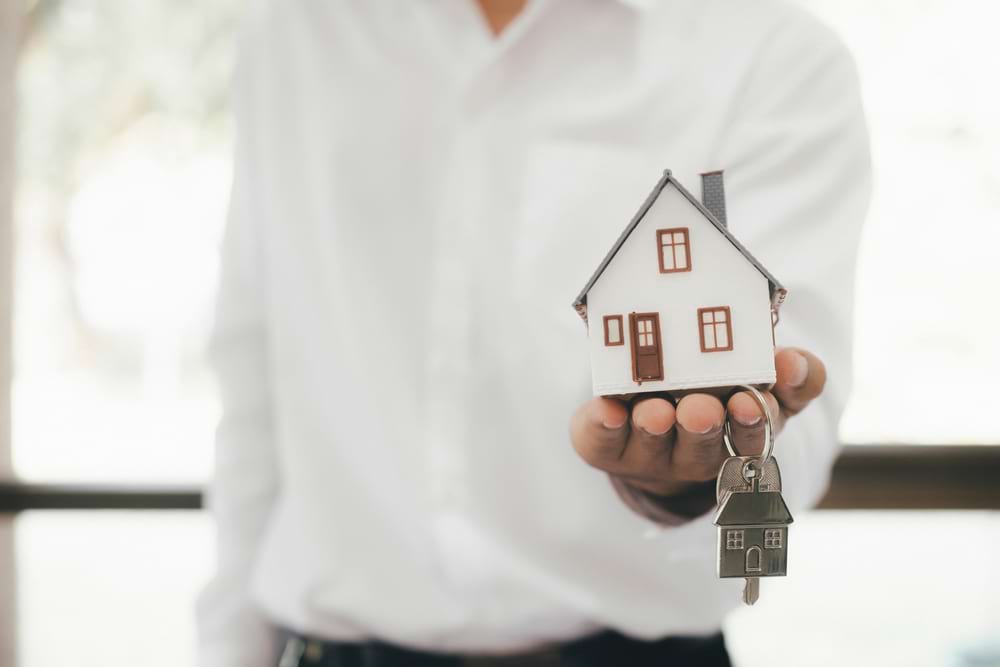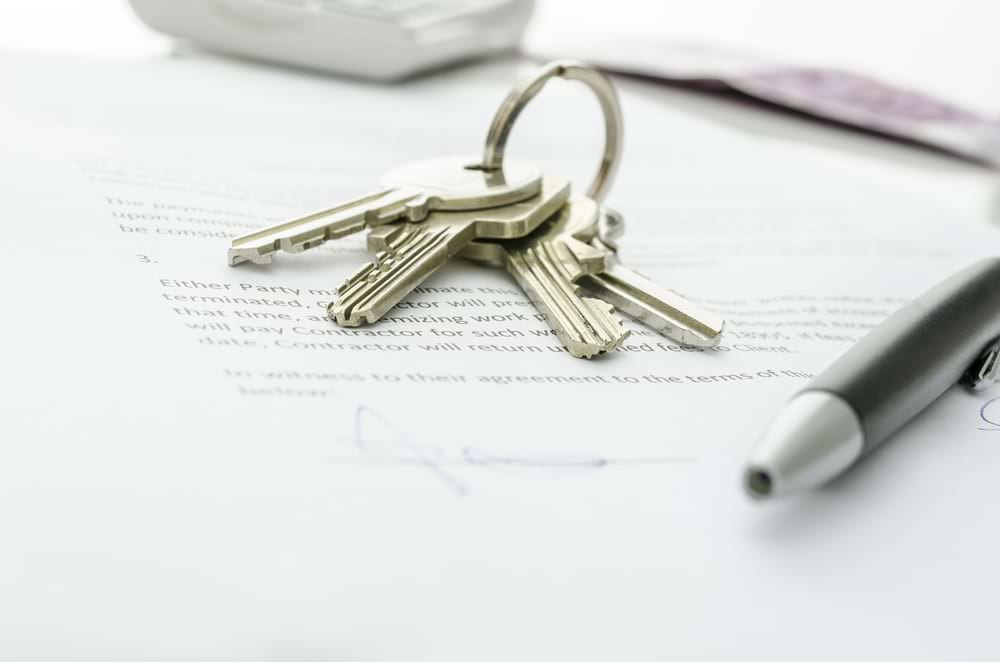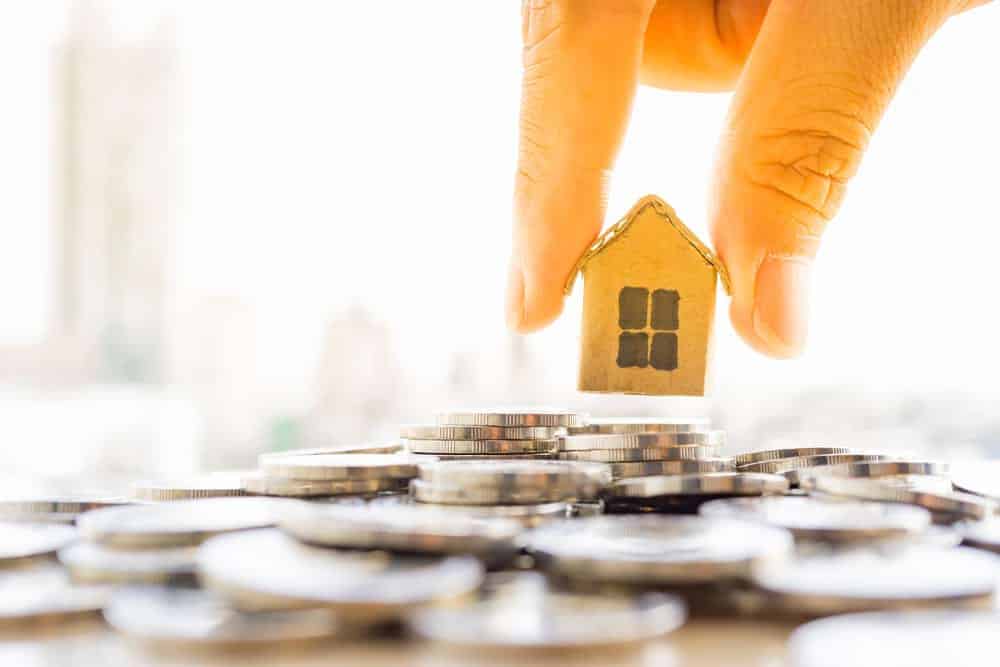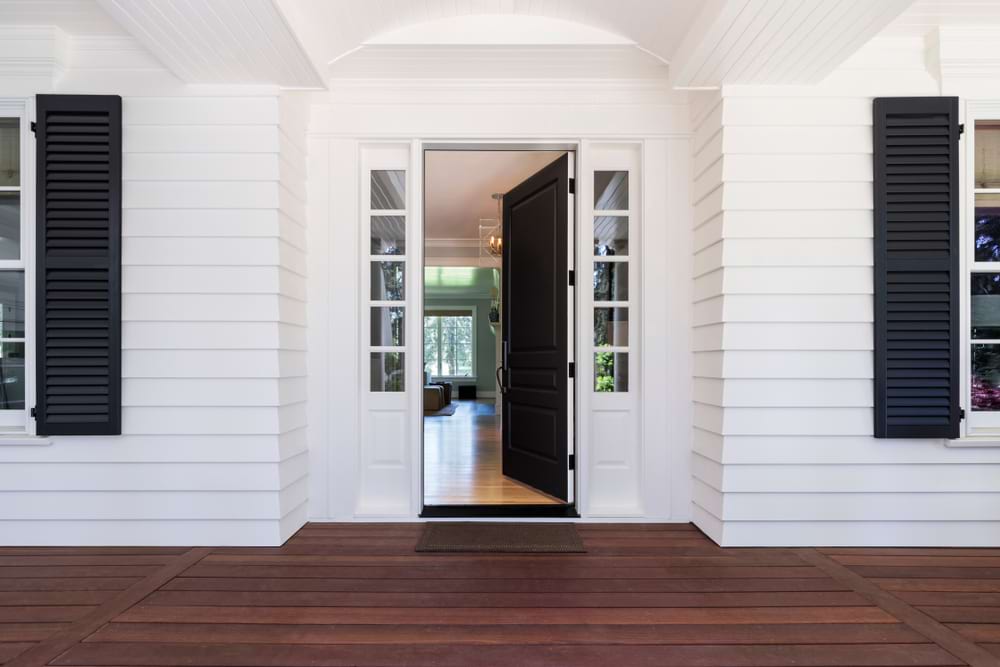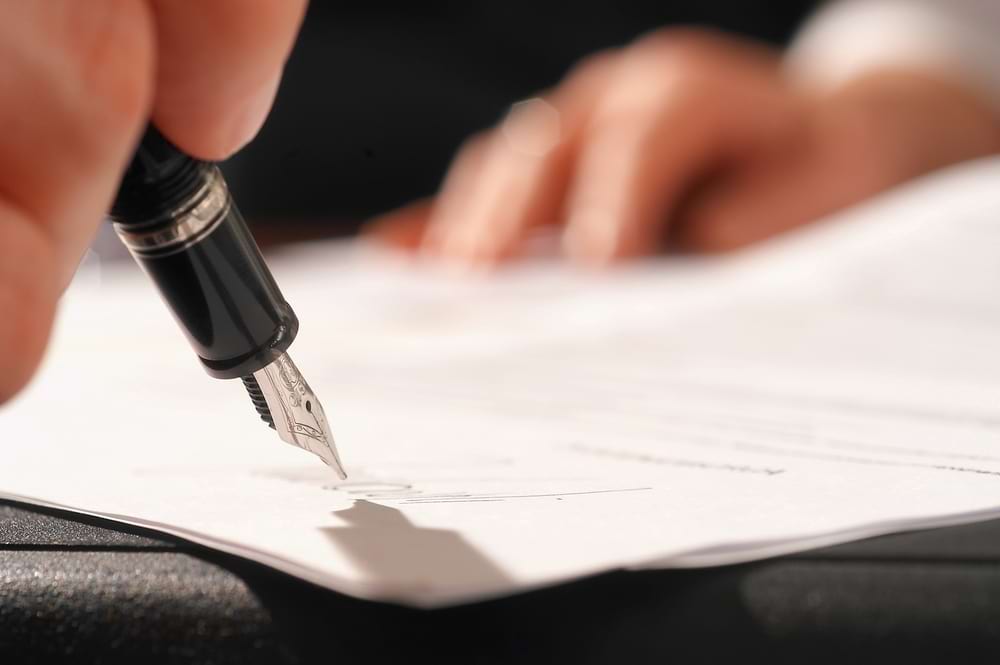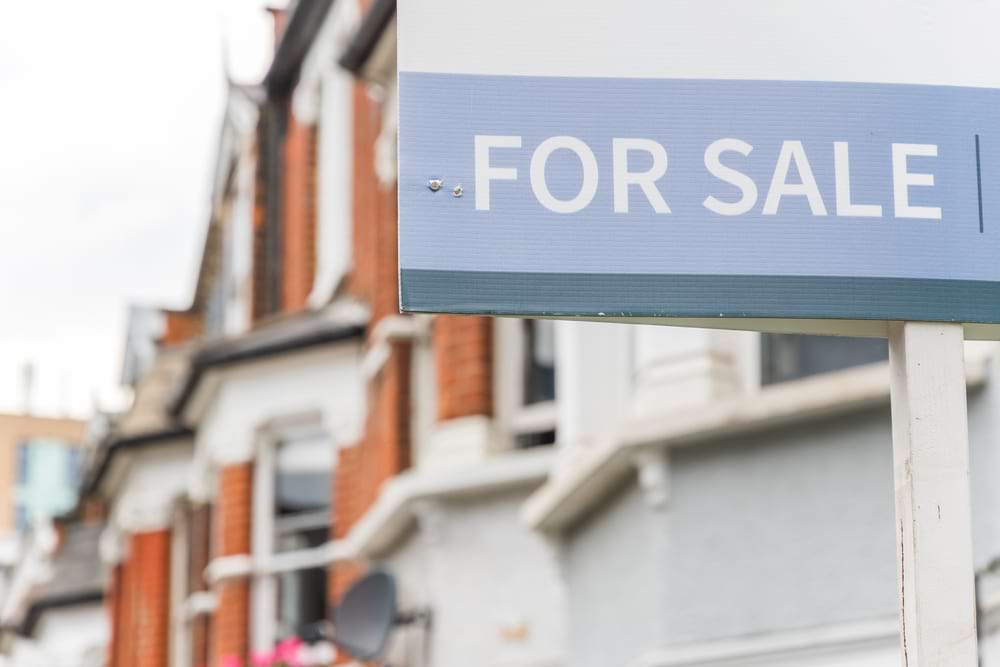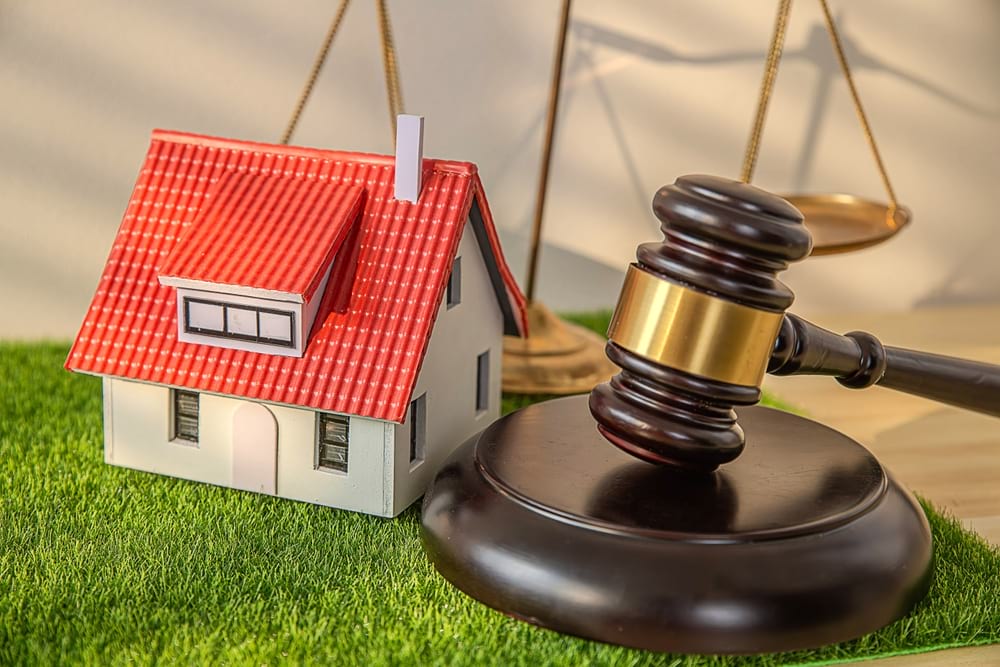Conveyancing deals with all the legal ins and outs of transferring ownership of a property. It’s a complicated process involving lots of paperwork and even more legal jargon, but it’s a vital part of every housing transaction. Fortunately, you’ll usually employ a solicitor or conveyancer to walk you through it.
We have more than 30 years’ experience buying homes and dealing with conveyancing. If you sell to us we’ll make the process as smooth as possible. Not only will we communicate with you clearly and regularly throughout, but we’ll also appoint an independent solicitor and cover all their fees.
Do you need a conveyancer to sell your home?
Although conveyancing has to be done, you do not necessarily need to hire a conveyancer or solicitor. You can do it yourself, but you’ll need strong legal knowledge and plenty of time. For peace of mind, it’s far better to hire a professional. This could be a solicitor – either a traditional solicitor with an office you can visit or online service – or a conveyancer.
Solicitors and conveyancers offer a similar service. But while a conveyancer only practices property law, a solicitor will have a wider range of legal expertise that can be useful in more complex cases.
Legal practitioners are protected by professional indemnity insurance if they make a mistake during the conveyancing and are sued. If you take on the work, you won’t have this protection.
What are the different stages of conveyancing?
Once someone has made an offer on your home you are happy to accept, it’s time to instruct a conveyancer to act for you. You can find licensed solicitors and conveyancers by searching on the Law Society and the Council for Licensed Conveyancers websites. Once you’ve given them the go-ahead, the sale process can begin.
Firstly, your conveyancer will send you a pack of documents to fill in and return. These will include:
- A TA6 form (TA7 for leasehold properties) which asks you to document every detail of your home from how it was built to where the stopcock is.
- A TA10 form to list all the fixtures and fittings, which ones are staying and how much you might want for them.
Alongside these forms, you’ll need to send your conveyancer relevant documentation. This includes a copy of your home’s title deeds if you have them, your latest mortgage statement, an energy performance certificate, and planning permission and buildings approval if you’ve had major works done.
Once your conveyancer has these documents they will draw up a contract which they’ll send to your buyer’s conveyancer with the forms you’ve filled in and paperwork you’ve sent.
Secondly, the buyer’s conveyancer will go through all the documents and send any questions they have back to your conveyancer. If the buyer has organised a survey on your home this may raise further questions, as could searches they conduct with a local authority. These could lead to them renegotiating the price to cover any work that needs to take place.
Thirdly, once everybody is happy, conveyancers on both sides will exchange contracts. If your buyer pulls out now they could be forced to pay a heavy penalty, possibly 10% of the transaction price.
Finally, you’ll move to completion. This is the day you leave your property. Your buyer sends funds to your conveyancer who then sends them on to you, after settling your account with your estate agent and mortgage provider. Or, if you are buying another home your conveyancer will send funds to the seller.
How long does conveyancing take?
From offer to completion, conveyancing takes between 12 to 16 weeks. However, it’s not uncommon for it to take much longer.
Delays can occur for a variety of reasons. For example, hold-ups can be caused by price renegotiations after searches and surveys or a down valuation of your home by your buyer’s mortgage lender. If your buyer’s circumstances have changed at all their lender could withdraw their in-principle mortgage offer altogether.
As a seller, you can limit any delays by having all the documentation in place as early as possible. That’ll give you time to sort out anything that’s missing. Of course, if you are involved in a long chain of buyers no matter how organised you are, hold up down that chain will impact you.
When contracts exchange you will fix a date with your buyers for completion. This is usually around two weeks after exchange but can be sooner or later if both sides agree and the lender can provide funds in that timeframe.
One of the benefits of selling your home to us is the lack of a chain. We always buy from our own cash funds which means we’re not reliant on other buyers. What’s more, we can complete in just seven days if necessary. That means you won’t be making mortgage payments while you wait for a sale to go through.
The cost of conveyancing
The value of your home and the complexity of your ownership – perhaps it involves several people or is a leasehold property – all influences how much a conveyancer will charge.
You can expect to pay legal fees of between £400 and £1,500, alongside admin costs, known as disbursements, for bank transfers, copies of title deeds and anti-money laundering checks. Fees for buying a home are higher because of more expensive third party costs such as local authority searches and the transfer of ownership on the Land Registry.
Working with us
We aim to make the process as fast and fuss-free as possible. Not to mention cost-effective. As part of that commitment to you, we pay all the legal fees involved in your sale. We’re also experienced at dealing with sensitive home selling situations such as those involving divorce and inheritance.
If you’re looking for a quick and easy house sale, get in touch with We Buy Any Home today.
